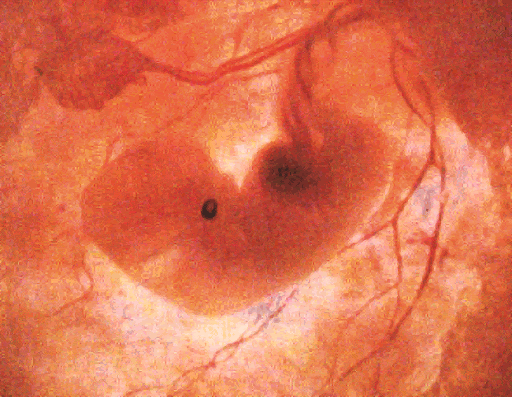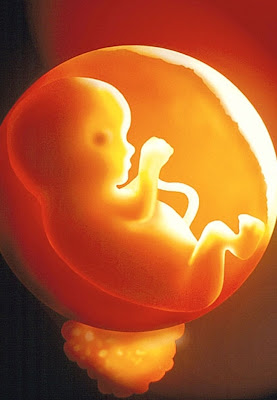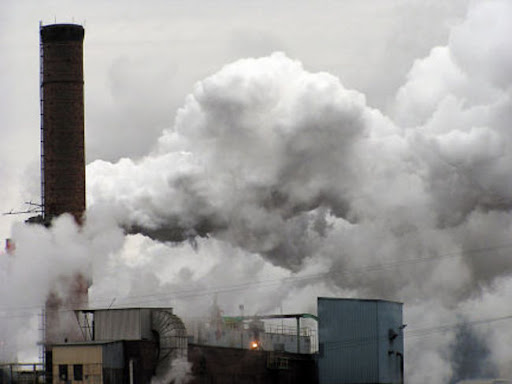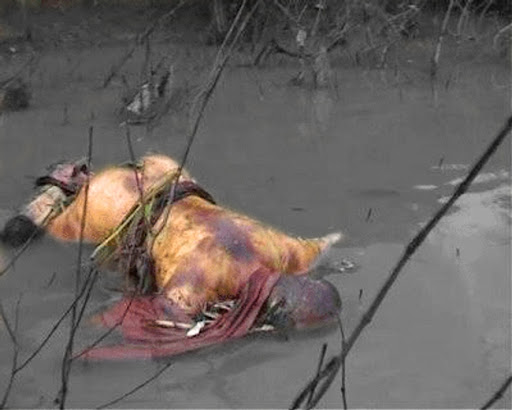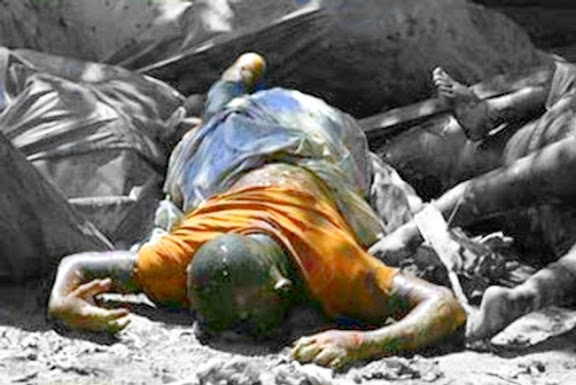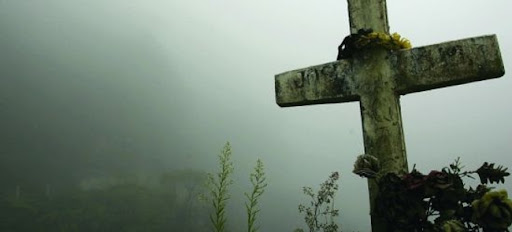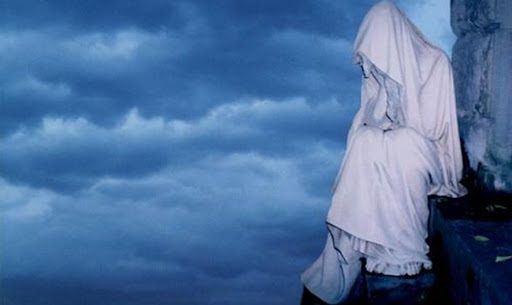
 Peut-il en être autrement ? Se peut-il qu’un envers existe ? Car nos têtes ne savent pas, Et ne voient dans les réalités Que l’expression d’une certitude Absolue et avérée. Pourtant, en prêtant bien l’oreille De notre conscience devenue véloce Par absorption massive D’anticoagulants neuroniques, Nous pourrions entendre Le son de nos propres silences Se noyer dans les foules indifférentes.
Peut-il en être autrement ? Se peut-il qu’un envers existe ? Car nos têtes ne savent pas, Et ne voient dans les réalités Que l’expression d’une certitude Absolue et avérée. Pourtant, en prêtant bien l’oreille De notre conscience devenue véloce Par absorption massive D’anticoagulants neuroniques, Nous pourrions entendre Le son de nos propres silences Se noyer dans les foules indifférentes.Ce qui existe n’existe que sous nos doigts, n’existe que sous nos rêves… Mais nos rêves sont fragiles et ne pas y apporter la plus haute attention fera que les rêves qui furent n’existeront plus que dans le néant de ce qui existe…

Collided from rustles to the border of the pale theoretical hypotheses which spread into blue smoke in evenings of complicity divans while the vapors of the obscene truth skip insidiously into the vitality of the wet cracks, the scarlet virus of the disobedience in the eternal laws spreads in the consciousness’ corridors self-nailed to the door of its own hell.
 Can it be there otherwise? Is it possible that a reverse do exist? Because our heads do not know, And see in the realities Only the expression of an absolute and Turned out certainty. Nevertheless, by well listening Of our consciousness become quick By massive absorption Of neuronal anticoagulants, We could hear The sound of our own silences To drown itself in the indifferent crowds.
Can it be there otherwise? Is it possible that a reverse do exist? Because our heads do not know, And see in the realities Only the expression of an absolute and Turned out certainty. Nevertheless, by well listening Of our consciousness become quick By massive absorption Of neuronal anticoagulants, We could hear The sound of our own silences To drown itself in the indifferent crowds.













